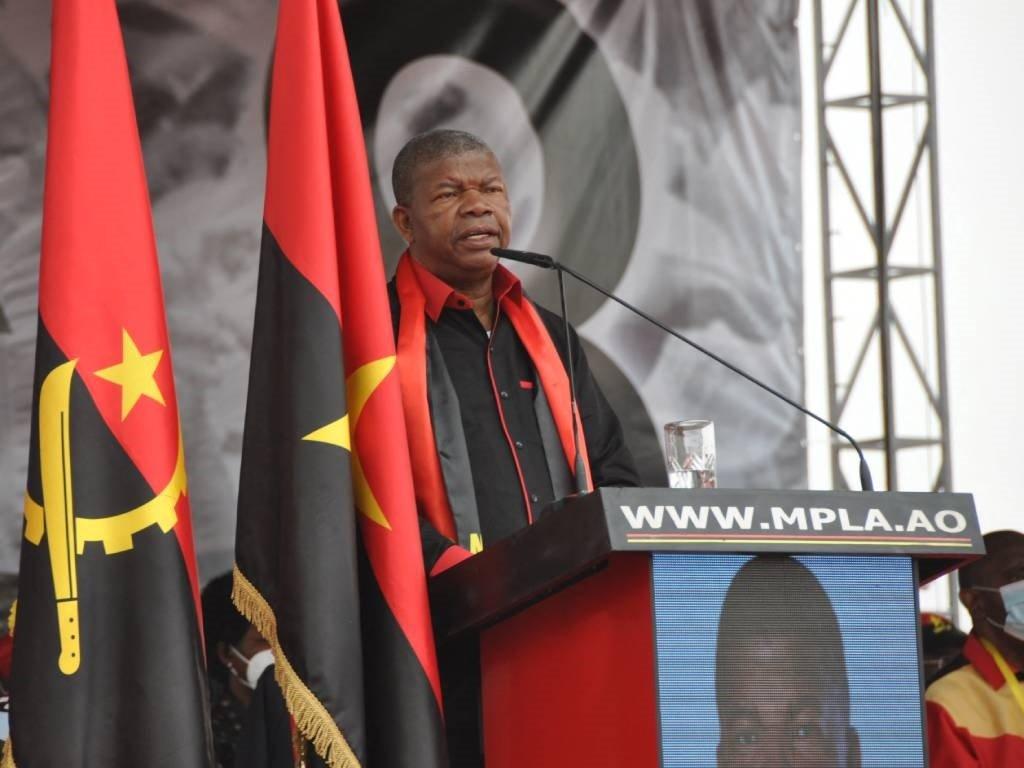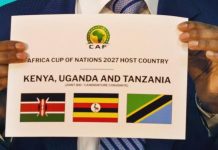Africa-Press – South-Africa. In August, there were two key general elections on the African continent in Angola and Kenya.
Both elections were high stakes and a yardstick for the future of democracy on the continent.
In Angola, President Joao Lourenco of the People’s Movement for the Liberation of Angola (MPLA), won a second term, further extending the dominance of the party since coming to power at independence in 1975.
He got a reduced majority, winning 124 seats and obtaining 51% of the vote.
Unita, the main opposition party, secured 90 seats with 44% of the vote.
In Kenya, the Kwanza Alliance’s William Ruto, the outgoing vice president, won the election with 50.5% of the vote against 48.8% for Raila Odinga of the Azimio la Umoja coalition.
Kenya’s electoral body says it is vindicated by Supreme Court ruling in favour of William Ruto
But in both countries, the results were rejected by the opposition.
One striking common characteristic in the challenges lodged with the courts was the alleged manipulation of information communication technology (ICT).
This has raised questions about the reliability of information technology and whether some African countries were in a position to leverage the benefits of these technologies to run their polls, especially in rural areas with little to no connectivity.
News24 spoke to Marisa Lourenço, an African political and economic risk expert, about the context and logic used by the opposition in disputing the results based on ICT.
Angola
In Angola, long before the polls, there was a furore over Spanish tech giant Indra Sistemas which is accused of aiding the ruling MPLA.
The company has been involved in polls since 2008, tasked with processing and transmitting results.
Lourenço noted the concerns but that added everything hinged on robust and credible state arms.
She said:
“In any democracy, it is about the strength of state institutions and whether or not they are free from interference,” she said.
After its court challenge failed in Angola, Unita and aligned civic society organisations resolved to take the matter to an international court.
Lourenço said she believed information technologies were not a bad development for elections in Africa as long as bodies with impeccable reputations handled them.
“ICT polls on their own don’t undermine democracy. Problems arise when the technology is manipulated by institutions that are supposed to be independent, like the electoral commission and the courts,” she added.
Kenya
The biggest economy in the East African Community (EAC) had disputed elections in 2007, 2013, and 2017.
In 2007, violent clashes resulted in more than 1 200 people being killed and more than 300 000 internally displaced.
This prompted electoral reforms for future polls with one of them being the use of ICTs to deal with the human error aspect.
But with technology over the years, glitches have been a source of frustration.
Lourenço:
Despite the system failures, Kenya cannot do without the biometric system.
“I understand why they keep it. The 2007 violence demonstrated a lack of trust in the electoral system, distrust that continues to persist. By introducing another layer, intended to be one that is free from human interference, Kenya is trying to mitigate that distrust,” she added.
In a society where elections present the opportunity for potential widespread violence, additional measures are important to show the government has taken issues of the past seriously.
For More News And Analysis About South-Africa Follow Africa-Press






